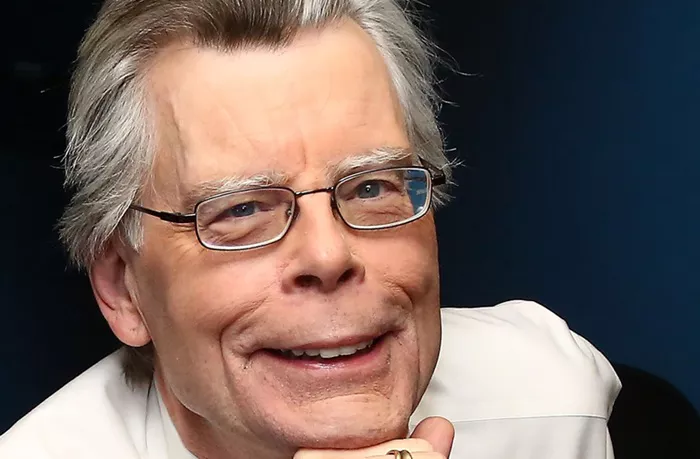Stephen King, the iconic author known for his prolific contributions to horror and popular fiction, has shared candid reflections on his relationship with literary critics and the evolution of his career.
King first rose to prominence at the age of 26 with his debut novel Carrie, a story about a telekinetic teenage girl that was later adapted into a classic horror film by Brian De Palma. His reputation was further solidified with the release of The Shining in 1980, directed by Stanley Kubrick. Despite his commercial success and widespread readership, King has long faced skepticism from literary critics who often dismissed his work as popular but not serious literature.
In a recent interview with PBS, King addressed the tension between his popular appeal and critical recognition. “There was a time when I felt like nobody will ever take me seriously as a writer’s writer, just as somebody who makes money,” King said. “And it did make me angry, because it seemed to me that there was an underlying assumption about popular fiction, that if everybody reads it, it can’t be very good. I have never felt that way. I have felt that people can read and enjoy on many different levels.”
When asked how he overcame these concerns, King replied with characteristic candor and humor: “I got old. And I think that probably a lot of the critics who didn’t like my stuff are now dead, so—” He laughed, adding a candid expletive for emphasis.
Over his nearly five-decade career, King has authored approximately 65 novels and novellas, along with numerous short stories. His work has sold an estimated 400 million copies worldwide, making him one of the most successful authors of his generation. Now 77, King has outlasted many of his early detractors, surviving a serious van accident in 1999 that could have ended his career.
King’s latest book, Never Flinch, features his popular character Holly Gibney in a new role as a bodyguard, demonstrating his continued influence and adaptability in contemporary fiction.
Stephen King’s journey reflects not only the enduring appeal of his stories but also the evolving relationship between popular fiction and literary prestige.

